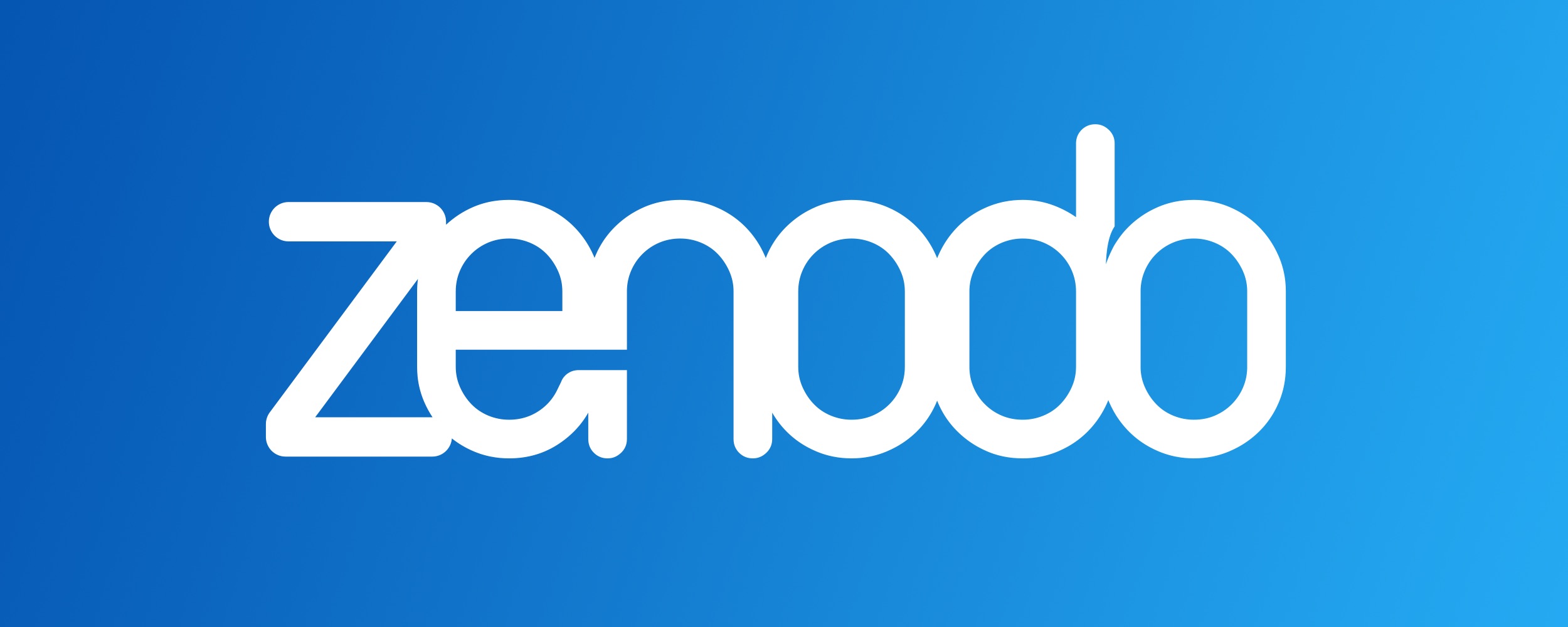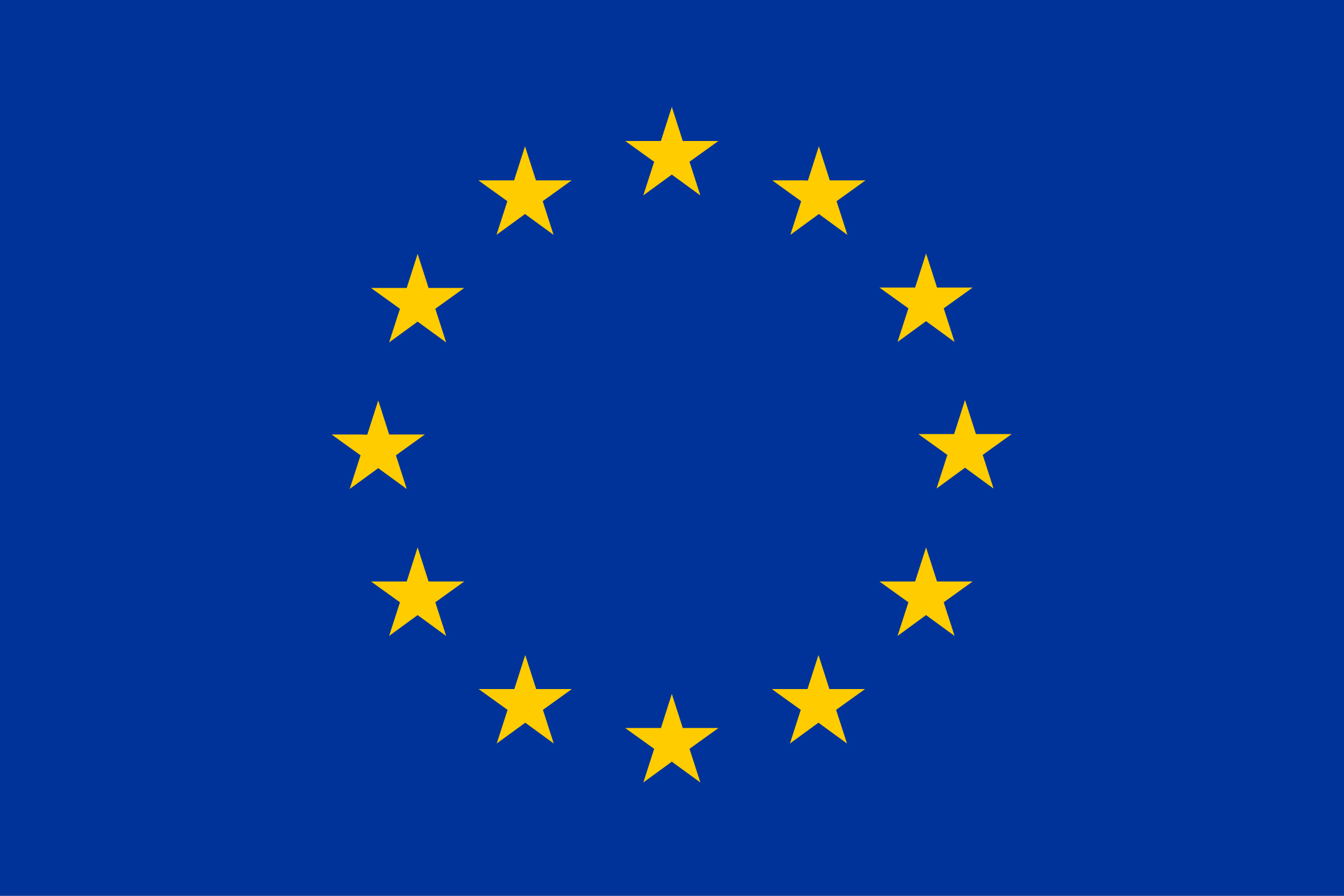Data and Publications
Project related publications and data are collected on the NUNATARYUK page on the Zenodo OA repository. This is the standard tool used by many EU projects and will allow the project to self-archive manuscripts for OA purposes as well as to pull out publications lists directly into the EU Research Participant Portal.
A data management plan was adopted at the beginning of the project, in which all data standard, management and storage issues have been addressed in detail. Data sharing will be stipulated with a Consortium Data Protocol based on the obligatory IPR standards of the H2020 grant agreement and adopted simultaneously with the data management plan.
Most of the project results will also feed into the GTN-P and /or the PANGAEA Data Publisher for Earth and Environmental Science. This will ensure that the project publishes its results widely and promotes the principles of the International Council for Science – World Data System (ICSU-WDS).
WP1 will generate spreadsheet-type data on soil and sediment properties. These will be made freely available to the scientific community and any other interested party via the International Soil Carbon Network database. All datasets will be documented using a metadata driven approach through which standardised discovery metadata (compatible with GCMD DIF and ISO19115) are used to describe datasets and interfaces to these. When possible, the datasets will be formatted in NetCDF following the Climate and Forecast convention in order to use these datasets as validation for ESMs.
Some of the observational data sets gathered for model evaluation will be considered for dissemination through the Obs4MIPs data-base. The GTN-P has already established a link to Obs4MIPS to ensure that the datasets produced are fed into the exercise.
Nunataryuk will proactively participate in the Open Research Data Pilot. The data gathered in the social science realm (including health) will, however, be subject to specific guidelines related to the collection of personal information and will not be released publicly unless they reach a pre-determined level of generalization following the stringent guidelines of the International Arctic Social Sciences Association (IASSA). The heterogeneity of the datasets produced by the partners will call on a holistic approach for standards, data documentation and dissemination. In this approach, the standards chosen will reflect the ones of the different communities involved (Physical sciences, social sciences, integration and/or community-based observations).



